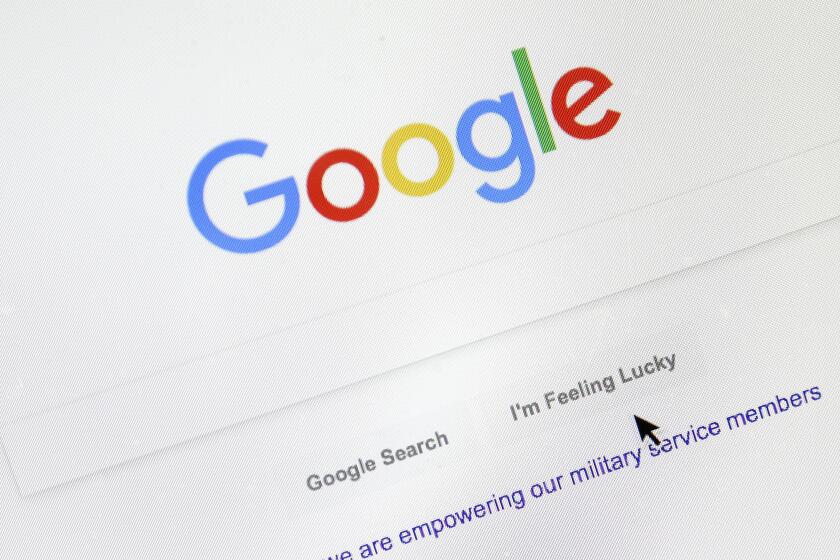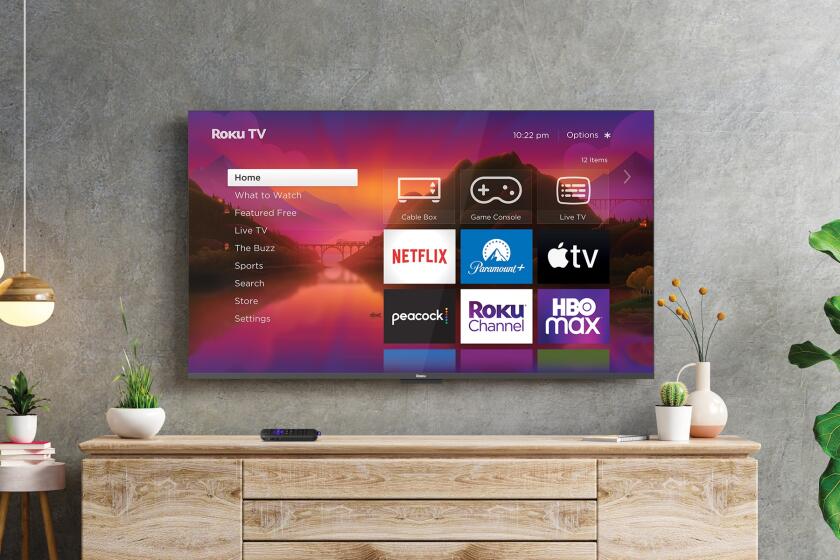Shielding minors’ Web data urged
A coalition of medical groups and child advocates called Friday for guidelines that would prevent Internet companies from tracking the behavior of minors online, contending that many adolescents are divulging more than they realize and aren’t digesting complex privacy policies.
The American Academy of Pediatrics and the American Psychological Assn. were among those asking the Federal Trade Commission to encourage the Internet industry to stop profiling young Web surfers by monitoring the sites they visit and the interests they list on social networks such as MySpace and Facebook.
Just as the government has restricted the amount and nature of television commercials aimed at children, the FTC should step in when interactive ad systems gather sensitive information from minors, the groups said in a filing Friday.
It came amid a flurry of responses to an agency proposal for voluntary guidelines on a burgeoning form of online advertising known as behavioral targeting, a market expected to be worth billions in a few years.
Other nonprofit groups expressed alarm at the rapid consolidation of the largest online ad companies and about Internet service providers beginning to share their vast amounts of data with marketers.
“New ad networks appear to be using . . . traffic data for behavioral advertising without proper safeguards or user consent,” the Center for Democracy and Technology and two other groups wrote. “No regulation or self-regulation exists to address the privacy implications of this new model.”
The medical groups said teens were among the most active Internet users and were the most sought-after by advertisers. But the groups said teens also were the least able to understand how to stop their personal activity from being tracked, used for marketing purposes and sold to others.
Even most adults falsely believe that the presence of a privacy policy on a website means that their activity won’t be tracked and distributed, according to a 2003 study cited by the groups. According to another, the privacy policies of the top 50 U.S. websites on average require a college education to comprehend.
“Is it reasonable that a 7-year-old or a 14-year-old can understand and consent to a complicated legal contract? That is essentially what a privacy policy is,” said Corie Wright, a lawyer for Georgetown University Law Center’s Institute for Public Representation, which filed the comments for the groups.
A trade group representing more than 95% of the online ad-distribution industry said it was willing to ban the use of behavioral data to target children under age 13.
The Network Advertising Initiative, whose backers include Google Inc., Microsoft Corp., Yahoo Inc. and AOL, said it also was considering barring use of some medical information when those data are tied to personal identifiers.
Nothing more is needed, the group said.
“Regulatory or legislative responses are frankly not warranted,” the group said, adding that targeting helped consumers find more-relevant ads.
But a filing from the Center for Digital Democracy and U.S. PIRG called self-regulation a failure, saying not everyone in the industry would participate and the penalties for noncompliance were unclear.
“Given the proposed acquisition of Yahoo by Microsoft, the consolidation of control over user data in a market influenced by the interests of the largest brand advertisers may very well shape the online and interactive content market in ways that are now unforeseen,” those groups wrote.
--
--
alana.semuels@latimes.com




